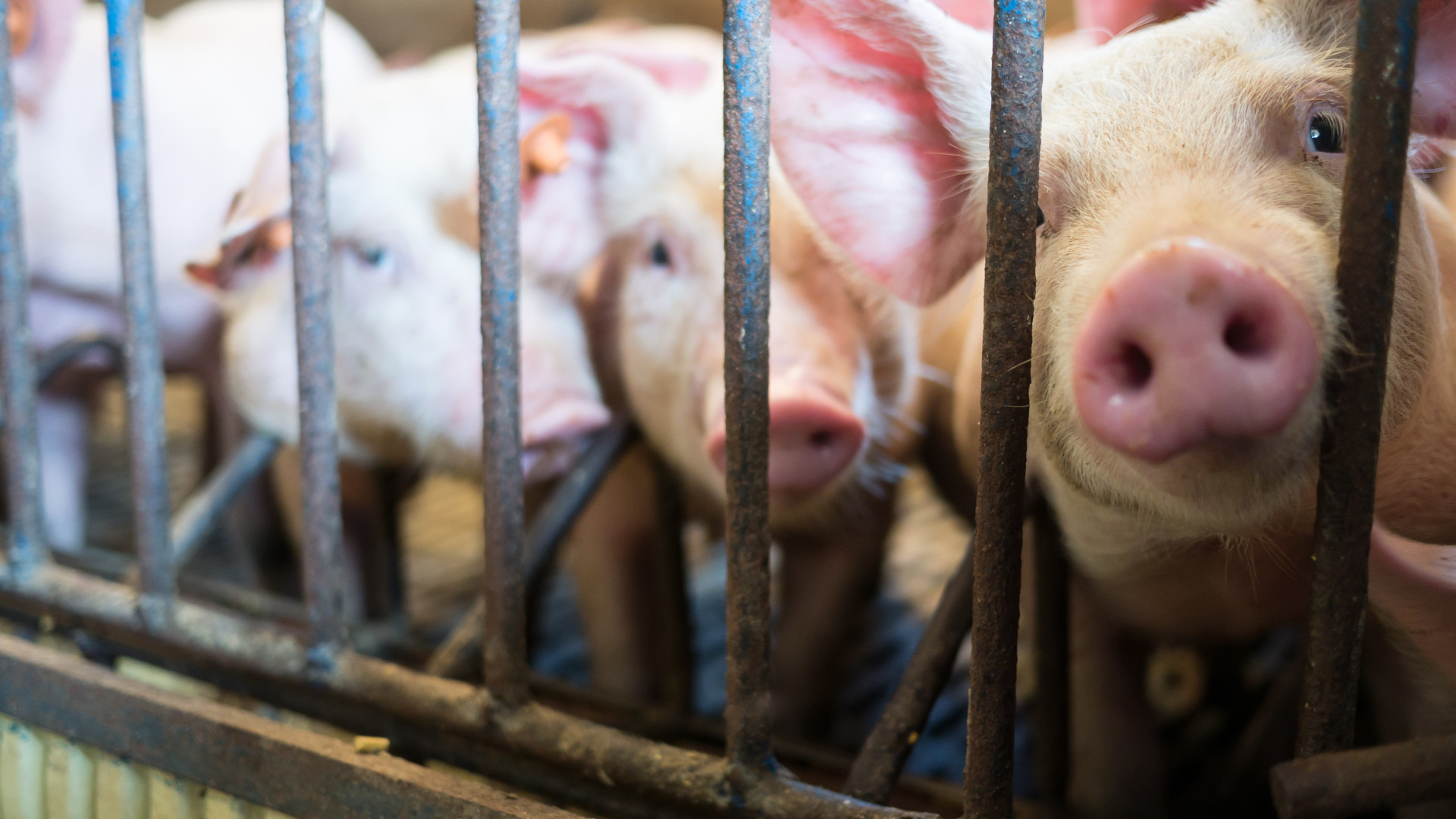Medical College of Wisconsin Under Scrutiny for Use of Live Animals in Surgery Training

MILWAUKEE— A national medical ethics group representing more than 17,000 doctors is calling on the U.S. Department of Agriculture to investigate the Medical College of Wisconsin for using live animals to train surgeons. The nonprofit Physicians Committee for Responsible Medicine points out in a complaint filed today that nearly 80% of surgery programs across the United States and Canada have replaced animals or never used them in the first place—including those at the University of Wisconsin in Madison and Gundersen Lutheran Medical Center in La Crosse. MCW residents cut into live pigs to perform trauma procedures and remove organs before killing the animals.
The complaint to the USDA also explains that surgery programs run by Harvard, the Mayo Clinic, the Cleveland Clinic, Johns Hopkins University, and hundreds of other institutions use cadavers and devices modeled on human anatomy, called simulators, that include lifelike skin, muscle, fat, internal organs, and blood vessels. Those methods also allow for repeated practice, which is not possible when using animals. The Physicians Committee points out that the federal Animal Welfare Act requires that facilities like MCW consider and use alternatives to procedures that may cause pain or distress. A huge body of scientific evidence shows that simulators and cadavers are equivalent or superior to animals when teaching surgical skills, building confidence, and preparing surgeons for real-world stress. A 2020 U.S. military study showed that trainees using the Human Worn Surgical Simulator—which has lifelike skin, breakable bones, and a pumping artificial heart—improved how quickly they can resuscitate a wounded patient by 10 minutes and reduced medical errors. MCW has a state-of-the-art simulation center that could replace animals immediately.
“MCW could save animals and improve patient care—it’s a win-win,” said John Pippin, MD, FACC, director of academic affairs at the Physicians Committee.
The Physicians Committee notes that significant anatomical differences between pigs and humans present unnecessary obstacles when it comes to learning. Compared with humans, pigs have smaller torsos, lighter limbs, and thicker skin, as well as important differences in the anatomy of the head, neck, rib cage, and airway. For example, the pressure needed to perform an emergency airway puncture in a pig may fully slice through a human’s windpipe.
To speak with Dr. Pippin or for a copy of the complaint, please contact Reina Pohl at 202-527-7326 or rpohl [at] pcrm.org (rpohl[at]pcrm[dot]org).
Media Contact
Reina Pohl, MPH
202-527-7326
rpohl[at]pcrm.org
Founded in 1985, the Physicians Committee for Responsible Medicine is a nonprofit organization that promotes preventive medicine, conducts clinical research, and encourages higher standards for ethics and effectiveness in education and research.








